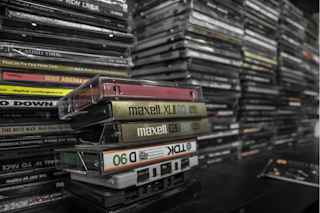
Garbage
After composting, recovery and the ecocentre, there’s almost nothing left to put in your garbage bin.
An estimated 85% of household waste can be composted, recovered or reclaimed at the ecocentre. We appreciate your help keeping waste out of our landfills!
Accepted materials

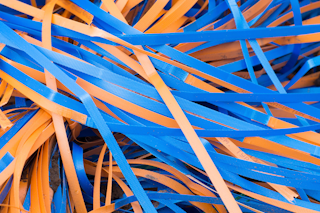
Strapping

Diapers

Ear swabs and dental floss

Photos or laminated paper
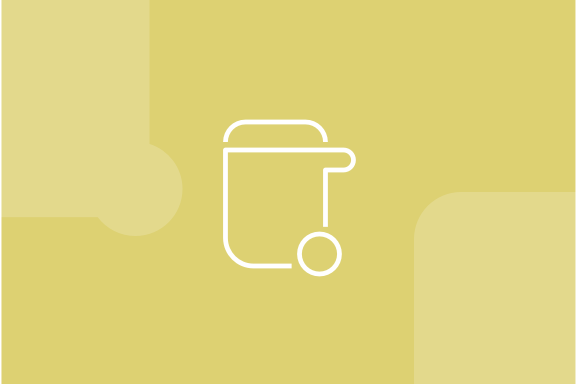
Tobacco products
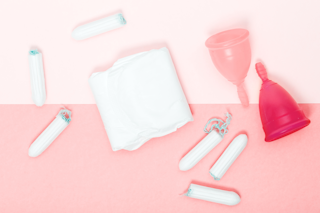
Sanitary products
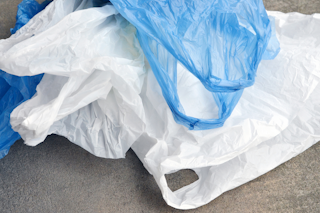
Plastic bags
Compostable, biodegradable or regular

Soiled fabrics
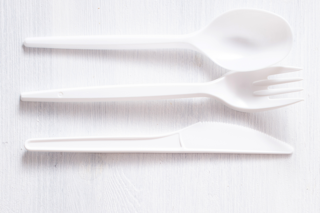
Plastic utensils

Broken dishware
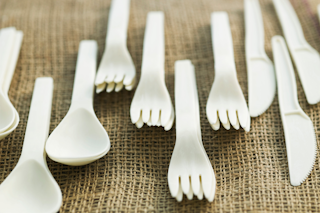
Compostable or biodegradable plastic dishware and packaging
Refused materials

Water heaters and air conditioners
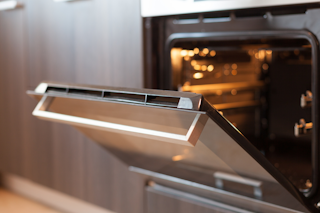
Household appliances
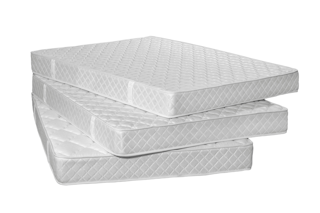
Mattresses

Furniture

Tires
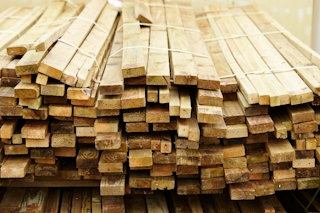
Wood
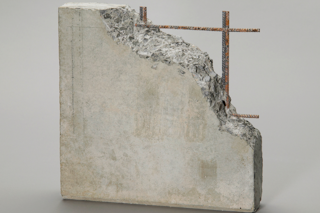
Concrete
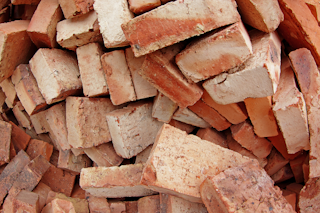
Bricks
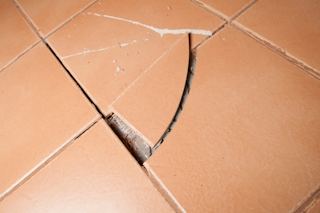
Ceramic

Gypsum
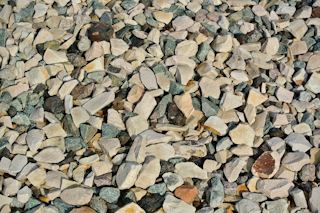
Stone, gravel and sand

Doors and windows

Propane tanks
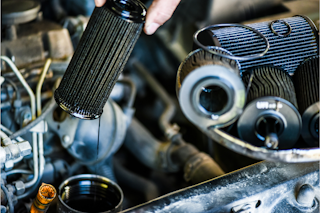
Used filters and oil
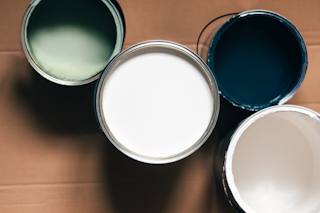
Paints, stains and solvents
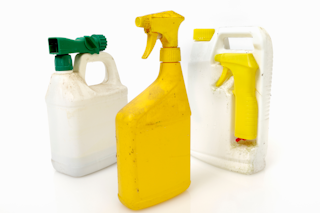
Pesticides and fertilizers
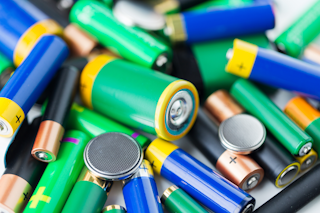
Batteries

Chemical products

Medications and supplements
Find a collection point on the Health Products Stewardship Association’s website:
https://arpsante.ca/trouver-un...

Electronics
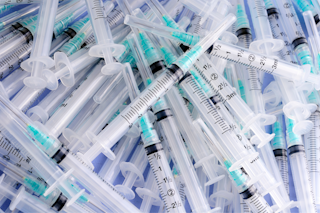
Syringes
Syringes, however, must be returned to your pharmacy.
For medications, find a collection point on the Health Products Stewardship Association’s website.
Tips and tricks
In order, always choose to Reduce at the source (“Do I really need it? Can I refuse it?”); Reuse (“Could it be used for something else?”); Recycle (“Can I put it in the blue bin?”); and Reclaim, to avoid Disposing of items in landfills.
Although the majority of waste is generated in the kitchen, don’t forget to have compost and recycling containers for paper tissues and towels (organic materials) and cardboard rolls in the bathroom (recyclables).
The same goes for recyclables and hazardous materials generated in the garage.
For easier waste sorting, put all your different containers (recyclable materials, organic materials and trash) in one easily accessible spot.
Thinking of renovating your kitchen? Take into account your waste management station when designing your plan.
Put batteries, electronics, styrofoam, etc. in this box as needed, and when it’s full, take it to an ecocentre.
Myths
FALSE.
When organic matter decomposes in a landfill with other waste, it releases methane, a greenhouse gas 25 times more harmful to the environment than CO2.
On a composting platform, organic matter decomposes in the presence of oxygen. It doesn’t produce methane, but rather CO2. Composting is therefore a more environmentally friendly way to dispose of organic materials.
Also, composting gives a second life to organic materials by transforming them into compost, which prevents them from going to waste.
FALSE.
It’s better for the environment to recover a jar even if it is slightly dirty. Rinsing containers will help avoid unpleasant odours and nuisances for workers at the sorting centre.
FALSE.
Sorting centres make their money from the sale of recyclables, so they have no interest in disposing of them. Recyclables have a monetary value.
More than one million tonnes of recyclable materials are sent to Quebec’s sorting centres every year!
Ultimately, the goal is to only dispose of materials that cannot be composted, recycled or reclaimed. In doing so, our landfills can last even longer.
